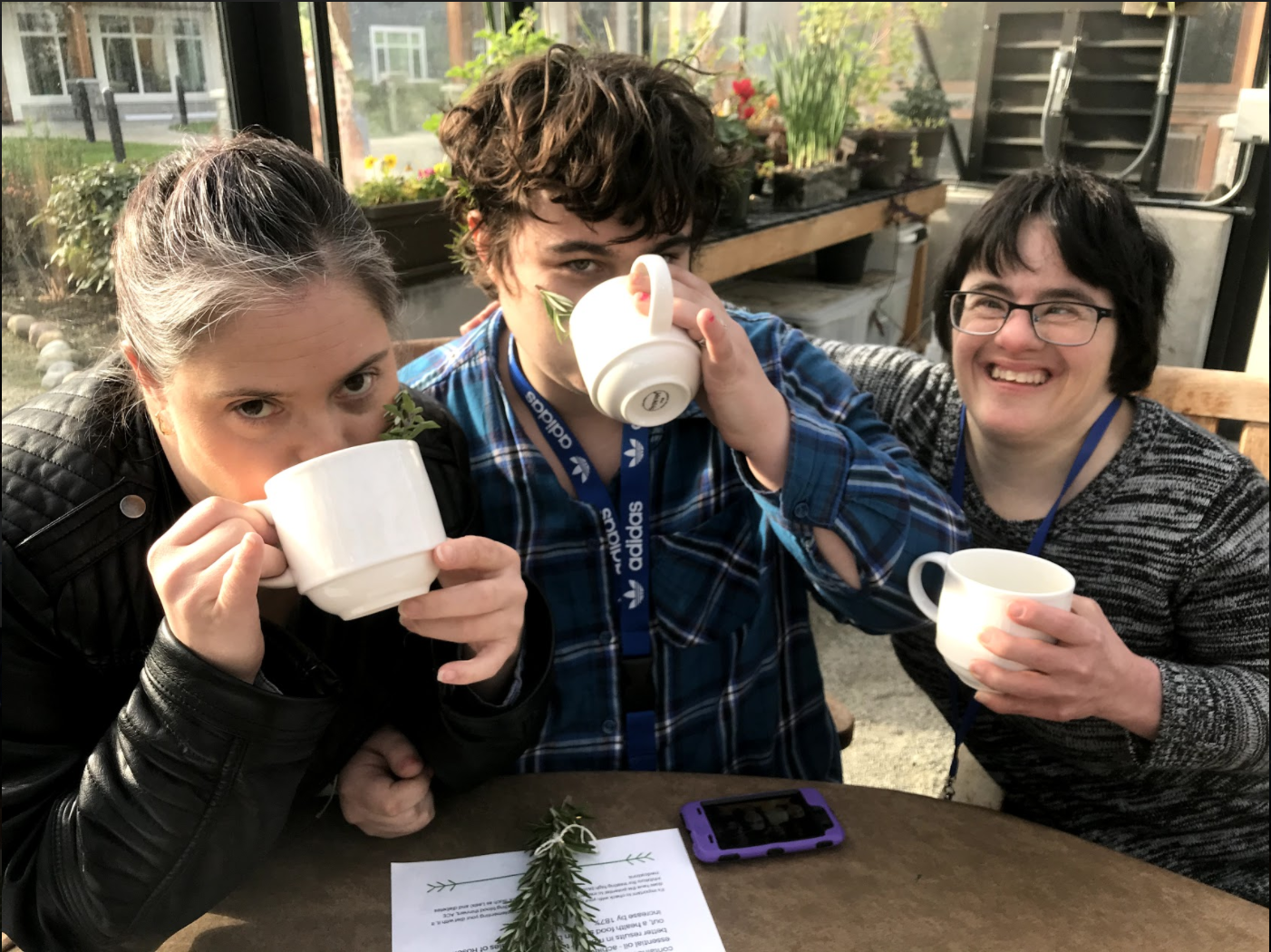Moving Your Adult Child with Disabilities into a Different Living Situation

Deciding to Make the Move
Deciding to move your adult child with disabilities into a different living situation can be extremely difficult. Maybe your loved one wants to have their own space or maybe you’re looking for solutions for when you are no longer able to care for your child with disabilities. There are a number of living situations available in the United States, including group homes, farmsteads (farming communities), integrated communities (where neurotypical and neurodivergent folks live together), own apartments with caretakers coming in, memory care, assisted living or independent apartment communities.

Providing Choices
As one of the more unique living solutions in Washington state, Stephen’s Place is a certified IAC or independent apartment community. Whereas, for instance, a group home has 1-4 adults; Stephen’s Place provides each individual with their own apartment in a community with 41 living units. This is deliberate as we concentrate on helping adults with intellectual disabilities to nurture their independence and skills.
We think that it’s very important for people with intellectual and developmental disabilities to have the same choices as neurotypical people. We were founded on that belief because a mother and father of two sons with special needs designed and built Stephen’s Place with safety, independence, care, and quality of life in mind. These have been our main core values since the very beginning.

Finding the Right Community
The emotions that come when thinking about moving your child to an independent living solution can feel so overwhelming that it’s hard to see the next step. When you had your child, you probably didn’t think you’d ever have to send them away from home to live in another. The right community will help your child not just survive but thrive.
Whether you’re looking at finding an independent apartment community, a group home, in-home care or another living arrangement will, the best scenario is always what is best for the person who will be moving into a new living situation.
Just as neurotypical kids leave home, make new friends, and build a life for themselves, the same is more than possible for a child with disabilities. But not all living situations are created equal, and some have some pretty restrictive procedures that make it hard for their residents to live independently.

Checklist of Questions to Ask
It takes a lot of scouting, touring, questions, and trust when finding the right place and the right community for your family member. When looking at residential communities for adults with intellectual and developmental disabilities, it’s good to have a list of questions ready so that you can compare each living solution equally. Here are some questions that we think are important to ask where applicable:
- What safety equipment and measurements do they have in place?
- What security measures are in place?
- What are their cleaning procedures?
- Are the grounds surrounding the community maintained?
- Pricing and what that price includes (meals, caregivers, programming)?
- Is it accessible?
- What qualifications do staff members hold?
- Is there a registered nurse on staff?
- How do they approach mental health issues?
- What are the procedures for medical emergencies?
- What are the procedures for keeping prescription drugs on a regular schedule?
- Policies for violence?
- What happens when there is a conflict between residents?
- How do they nurture independence?
- Are residents allowed to have cellphones?
- Do they offer job placement or assistance when finding a job?
- Are there known inclusive employers in the area?
- Do their residents do their own grocery shopping?
- Do you offer meals and snacks?
- Are the meals and snacks healthy/what does their current week’s menu look like?
- What activities do they offer?
- Is there a monthly activity schedule?
- What kind of life skills or other training do they offer? How are these skills taught, and who teaches them?
- How is hygiene addressed?
- How are daily routines determined? How do they work with your child’s preferences or current routines?
- Do they provide activities outside of the community outings?
- Which vehicle is used for outings and what safety features does it have?
- Will there be enough room for your loved one to have peace and quiet when needed?
- How do you approach episodes of sensory overload for those who are sensitive to it?
- Are pets allowed?
- Can you take a copy of written policies with you?
- Who in the staff is accountable to whom?
- If the needs of my family member change, how will this be addressed?
These are just a few of the key questions you might want to ask, depending on your circumstance. These as well as other questions you have should give you a good opportunity to assess if a particular living style is going to keep your child happy, healthy, safe, and growing in independence where possible.

About Stephen’s Place
Stephen’s Place is an independent apartment community for adults with developmental and intellectual disabilities, located in Vancouver, WA (7 minutes from Portland, OR).
If you have a loved one with developmental or intellectual disabilities, who is looking for a community to live in, please contact us for more information.
Stephen’s Place is a private-pay apartment community due to our state-of-the-art amenities and programs. We are a nonprofit and do not profit from our community. We are private pay because we spend more than some housing communities to ensure that our residents are comfortable and can safely live their lives with independence and dignity.


